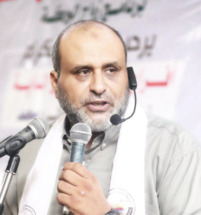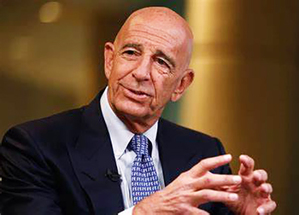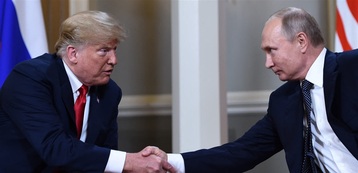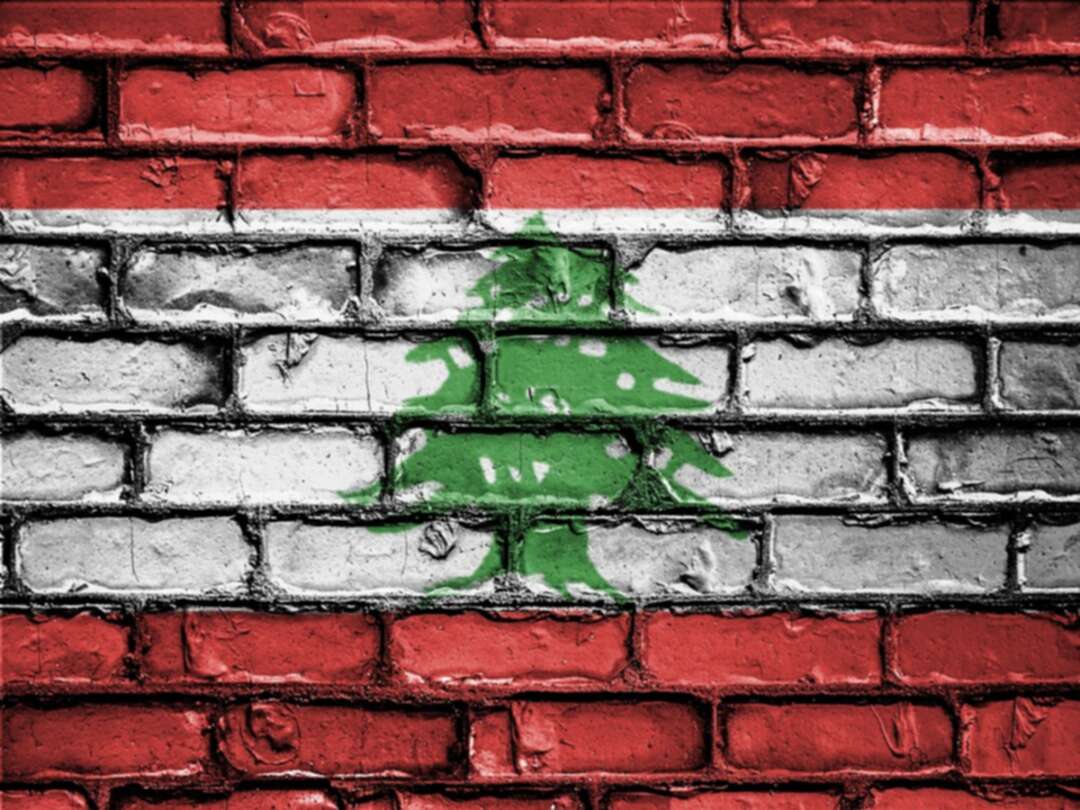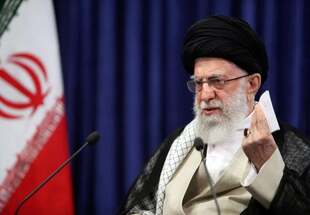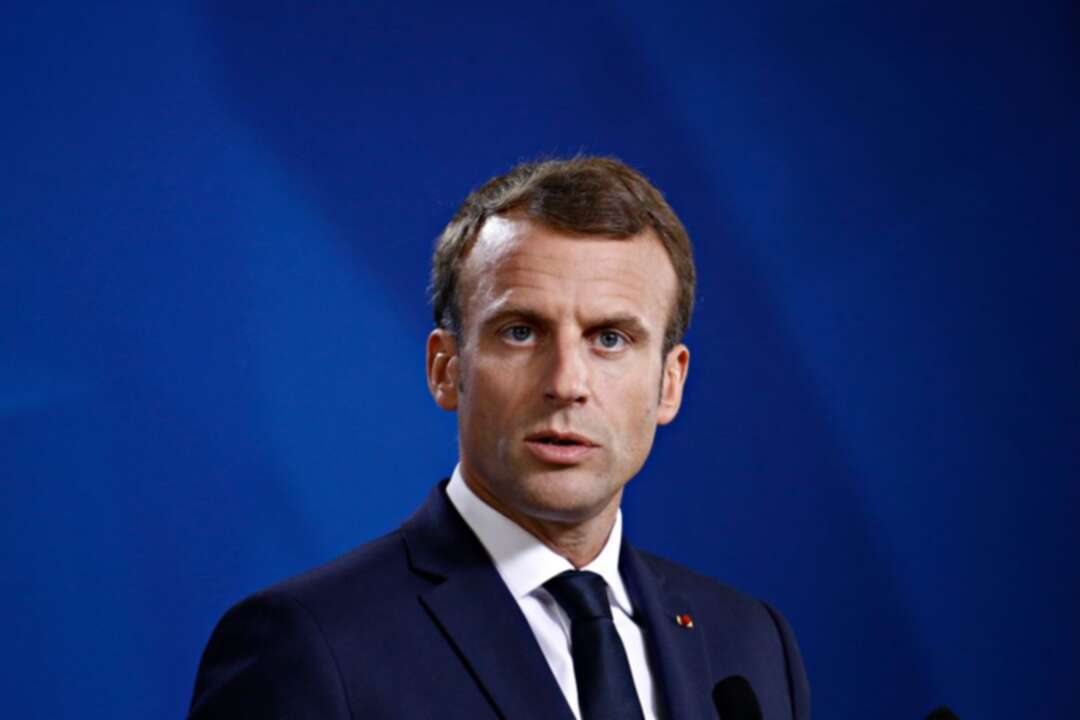-
ICCROM-Sharjah organizes workshop on climate change adaption in Arab historic cities
-
Workshop participants will discuss ways to integrate traditional building practices in climate change adaptation and the sustainable development of historic cities
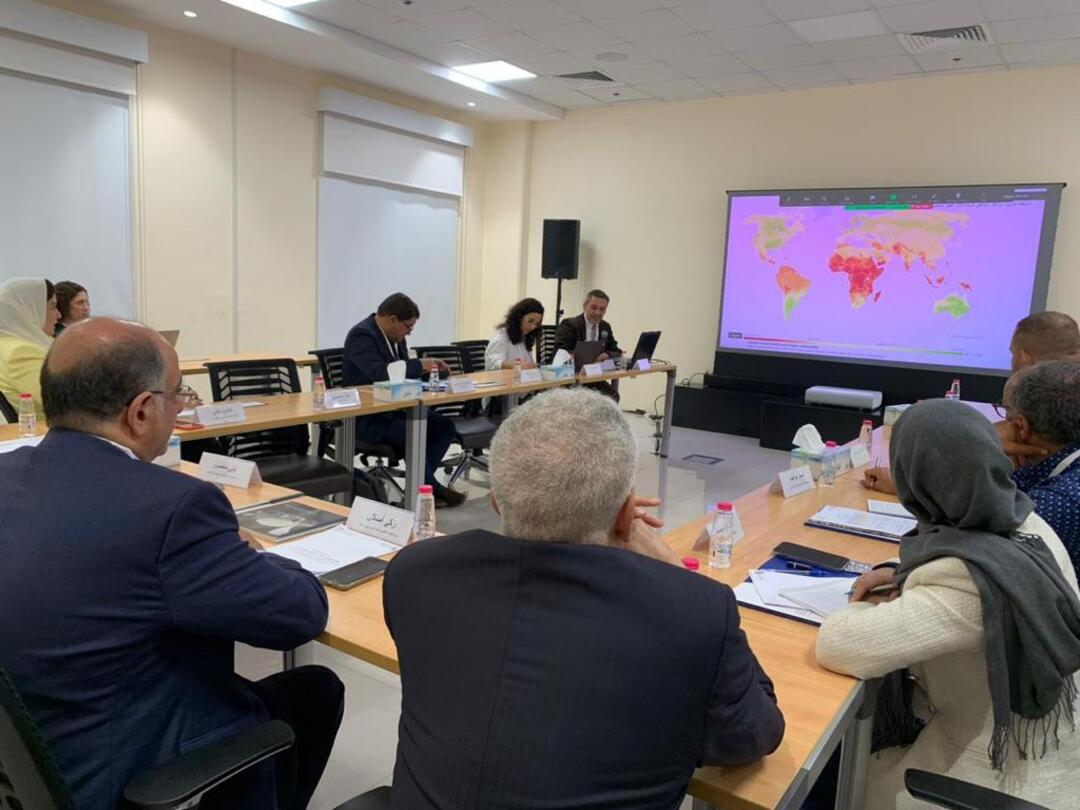
Sharjah, United Arab Emirates, 31 January 2023 – A regional workshop on “Climate Change and Historic Cities in the MENA Region: Integrating Traditional Knowledge in Climate Change Adaptation and the Sustainable Development of Historic Cities” is inaugurated today in Sharjah. The workshop, which will continue for three days until Thursday 2 February 2023, is organized by the Regional Office for the Conservation of Cultural Heritage in the Arab States (ICCROM - Sharjah) with the generous support of His Highness Sheikh Dr Sultan bin Muhammad Al Qasimi, Supreme Council Member and Ruler of Sharjah.
The workshop focuses on the unprecedented challenges to cultural heritage posed by the climate crisis, and how heritage itself can help mitigate risks. Severe weather events are expected to cause great damage to cultural heritage in various parts of the world, especially in the Arab region. This irreversible damage will not only affect tangible cultural heritage, but also traditional societies’ intangible cultural heritage.
While scientists search for scientific solutions to mitigate the effects of climate change, it is important for organizations, such as ICCROM, to focus on how traditional practices can provide solutions that can be applied to local contexts and replicated elsewhere. Traditional practices were formed in harmony with communities’ surrounding environments, conserving energy and natural resources.
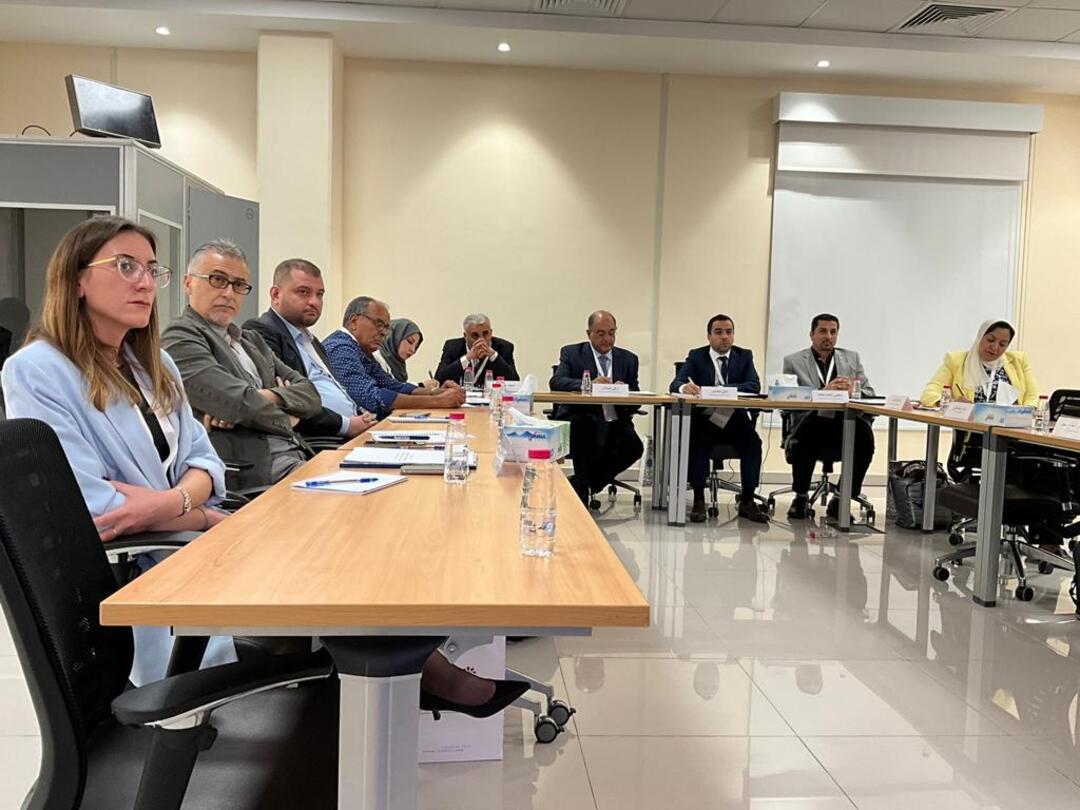
“ICCROM’s mission is to help all of its 137 Member States preserve their cultural heritage and make the world a better place. ICCROM is extremely concerned with climate change issues and is committed to helping achieve environmental, social and economic sustainability for communities, taking into account the significant damage climate change causes to cultural heritage worldwide. This workshop is also aligned with ICCROM's vision of achieving a world in which cultural heritage is closely linked to the concepts of progress, inclusiveness, well-being and stability,” said Dr Webber Ndoro, Director-General of ICCROM.
This workshop will present exemplary case studies on the feasibility of adopting traditional knowledge in contemporary architecture while raising awareness of the risks associated with climate change and the role traditional knowledge has in climate change adaptation. It will highlight how traditional knowledge can contribute to building societies’ resilience. The workshop will also promote research in traditional heritage practices as a means to devise sustainable solutions and prepare for existing and potential risks related to climate change, and how this can be integrated into modern architecture for greater compatibility with the principles of sustainable development.
The event will encourage institutions involved in managing historic cities to coordinate climate change adaptation efforts with the wider framework of city management and emergency preparedness, and make recommendations for designing subsequent related activities for cultural heritage institutions.
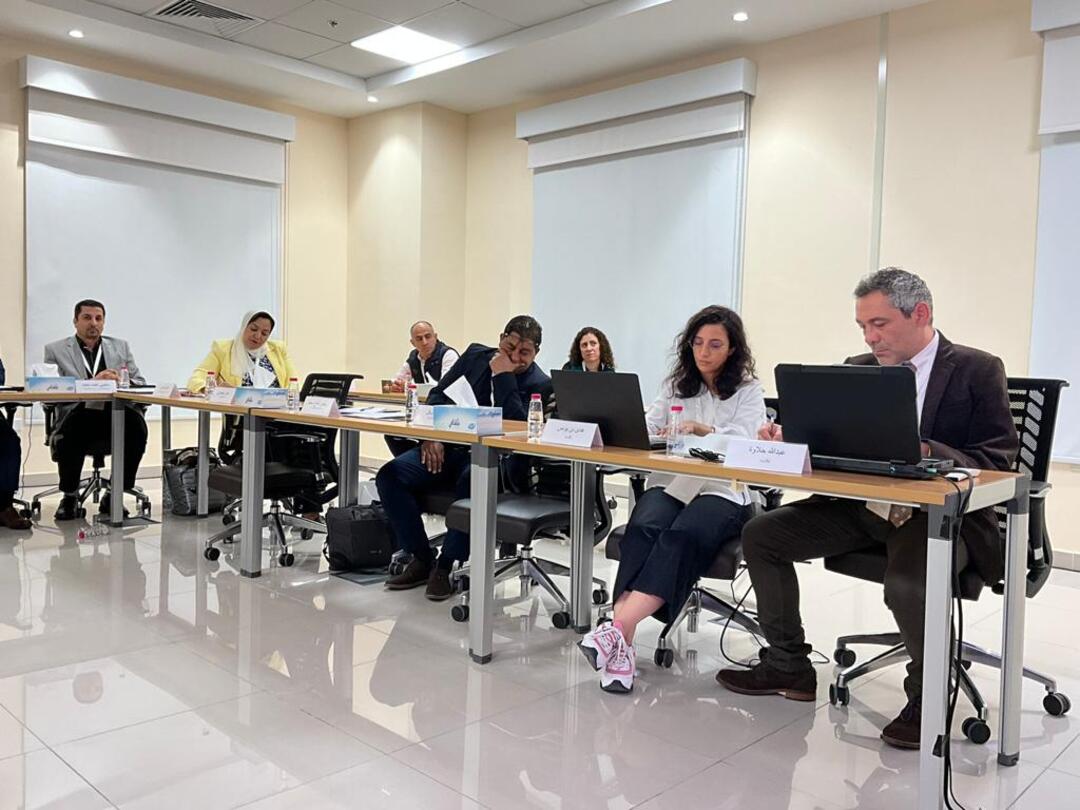
Dr Zaki Aslan, highlighting the timeliness of the workshop, stated, “Many countries have emphasized the urgent need to develop practical measures, including legislation, to face the challenges climate change poses. However, research on the impact of climate change on historic cities is still in its early stages in the Arab region; though studies indicate that the Middle East and North Africa will be particularly vulnerable to the negative impacts of a changing climate.”
"The workshop is important for uniting efforts, promoting dialogue, exchanging experiences and benefiting from all traditional cultures and practices – for example, building with mud in dry areas – as there are great opportunities to learn from such practices. Preserving our cultural heritage can help us prepare for potential risks associated with climate change and proactively protect our historic Arab cities," Dr Aslan added.
Many of those involved in managing historic cities in the MENA region are participating in the workshop, in addition to international and regional experts interested in climate change’s impacts on historic cities.
This workshop is part of the "Medina" initiative, which focuses on protecting historic cities and supporting the urban heritage management in the Arab region, while valuing cultural heritage’s role in sustainable development.
The workshop also aligns with the great efforts made by the United Arab Emirates to address the challenges and risks posed by climate change regionally and globally. These efforts will be crowned this year with the UAE’s hosting of COP28, the most important global climate conference.
BY: Abdullah Halawa
You May Also Like
Popular Posts
Caricature
BENEFIT Sponsors BuildHer...
- April 23, 2025
BENEFIT, the Kingdom’s innovator and leading company in Fintech and electronic financial transactions service, has sponsored the BuildHer CityHack 2025 Hackathon, a two-day event spearheaded by the College of Engineering and Technology at the Royal University for Women (RUW).
Aimed at secondary school students, the event brought together a distinguished group of academic professionals and technology experts to mentor and inspire young participants.
More than 100 high school students from across the Kingdom of Bahrain took part in the hackathon, which featured an intensive programme of training workshops and hands-on sessions. These activities were tailored to enhance participants’ critical thinking, collaborative problem-solving, and team-building capabilities, while also encouraging the development of practical and sustainable solutions to contemporary challenges using modern technological tools.
BENEFIT’s Chief Executive Mr. Abdulwahed AlJanahi, commented: “Our support for this educational hackathon reflects our long-term strategic vision to nurture the talents of emerging national youth and empower the next generation of accomplished female leaders in technology. By fostering creativity and innovation, we aim to contribute meaningfully to Bahrain’s comprehensive development goals and align with the aspirations outlined in the Kingdom’s Vision 2030—an ambition in which BENEFIT plays a central role.”
Professor Riyadh Yousif Hamzah, President of the Royal University for Women, commented: “This initiative reflects our commitment to advancing women in STEM fields. We're cultivating a generation of creative, solution-driven female leaders who will drive national development. Our partnership with BENEFIT exemplifies the powerful synergy between academia and private sector in supporting educational innovation.”
Hanan Abdulla Hasan, Senior Manager, PR & Communication at BENEFIT, said: “We are honoured to collaborate with RUW in supporting this remarkable technology-focused event. It highlights our commitment to social responsibility, and our ongoing efforts to enhance the digital and innovation capabilities of young Bahraini women and foster their ability to harness technological tools in the service of a smarter, more sustainable future.”
For his part, Dr. Humam ElAgha, Acting Dean of the College of Engineering and Technology at the University, said: “BuildHer CityHack 2025 embodies our hands-on approach to education. By tackling real-world problems through creative thinking and sustainable solutions, we're preparing women to thrive in the knowledge economy – a cornerstone of the University's vision.”
opinion
Report
ads
Newsletter
Subscribe to our mailing list to get the new updates!


